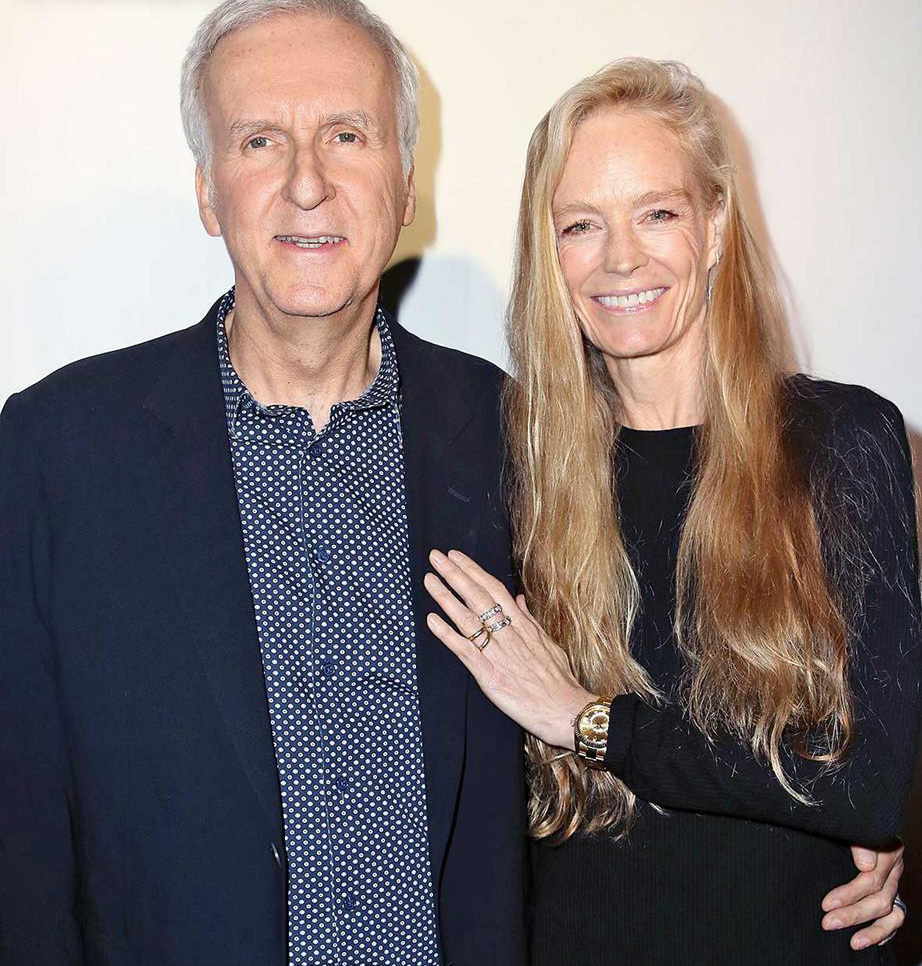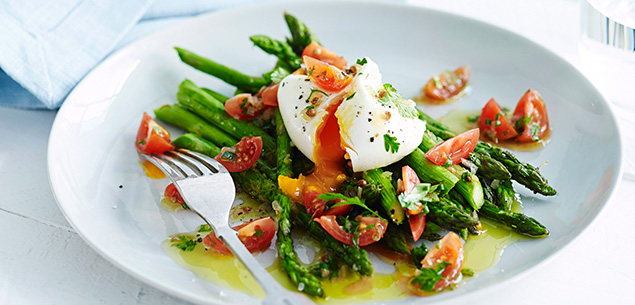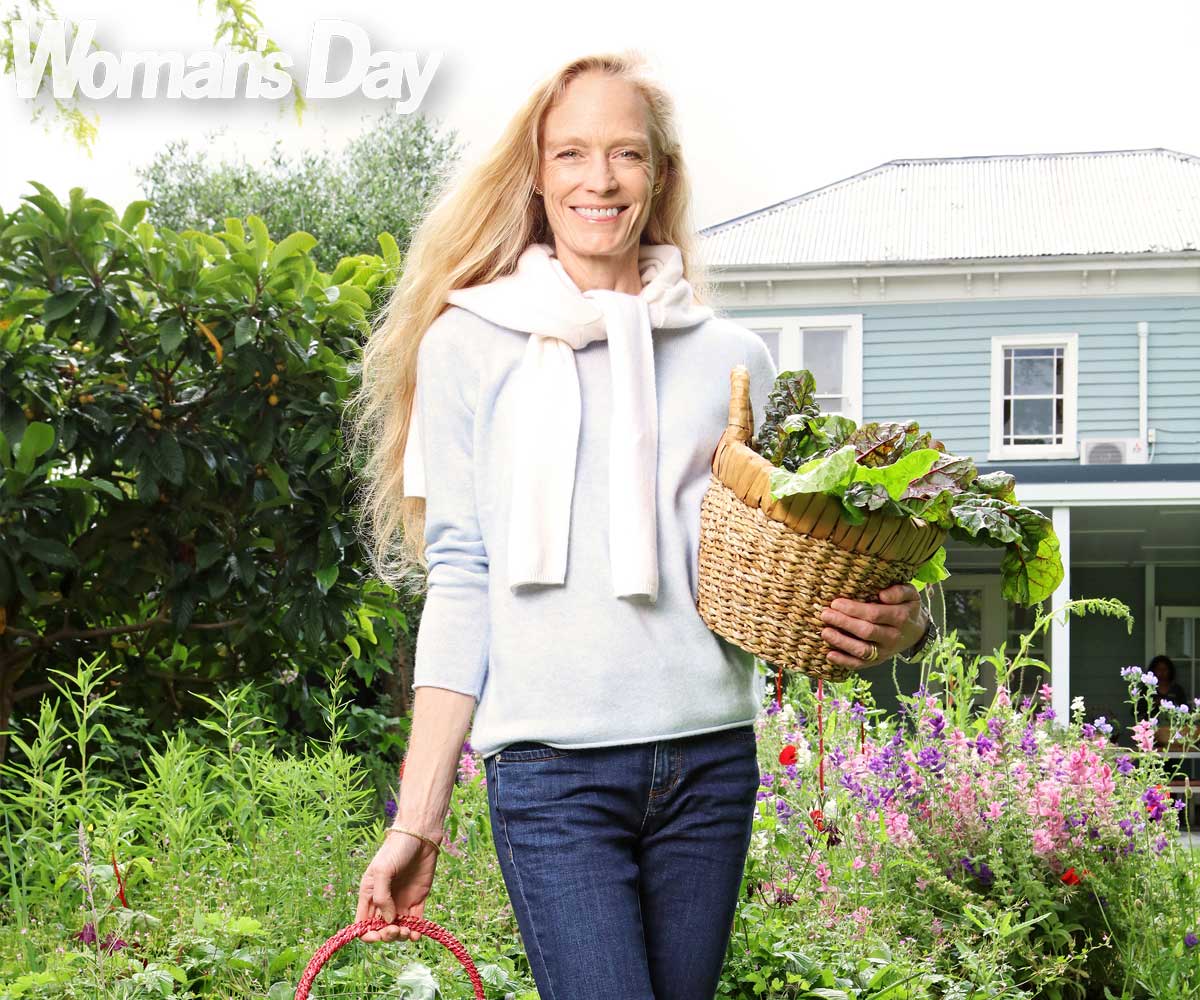Not so long ago meat was at the centre of our dinner plates.
From the classic Kiwi roast to sausages on the barbecue, a meal didn’t seem complete without it. Now more and more of us are cutting out the animal proteins and opting to go plant-based instead.
Influencer Leonie Barlow – aka The Style Insider – made the switch 18 months ago after watching a documentary that left her convinced our love of meat is bad for our bodies and the planet.
“I’d recently turned 50, I’d been eating meat and dairy my whole life, and realised my body didn’t need it,” she explains.
Leonie loved the taste of meat but found the toughest thing about giving it up wasn’t saying no to bacon and steak, it was the reactions of other people. “They don’t like it,” she says.
“It upsets the norm. It’s seen as being extreme and wacky.”
While she still cooks meat for her two teenage sons, there is generally a lot less of it consumed in her household and these days a go-to dinner is a Buddha bowl packed with spinach leaves, grated beetroot and chickpeas, sprinkled with sesame and pumpkin seeds, and topped with some vegan parmesan.
“It’s a whole bowl of delicious goodness!”
Leonie doesn’t call herself a vegan – she still wears leather shoes – and isn’t trying to be perfect.
“Moving into this second part of my life, I just want to be as healthy as possible,” she says.
“I realise more than ever that our health is everything.”

Image: Bauer photographic / bauersyndication.com.au
So should we all be following in Leonie’s footsteps and going 100 per cent plant-based with our diets?
There is no doubt that eating a lot of processed meats such as bacon, sausages and salami is bad for us – the World Health Organisation has classified them as a group 1 carcinogen. And there is strong evidence that a diet high in red meat such as beef and lamb ups the risk of cancer too.
In Japan, for instance, a big increase in consumption in recent decades has gone hand-in-hand with a steep rise in the rates of bowel cancer.
There are other ill effects from a diet skewed too far towards meat – all that saturated fat is bad for the heart and the arteries.
However, red meat packs a powerful punch when it comes to nutrition. It is the best source of the easily absorbed haem iron, provides all essential amino acids and is rich in vitamin B12, which those on plant-based diets have to find in fortified foods or supplements.
Canadian cancer prevention expert Richard Béliveau recommends limiting consumption of red meat (beef, lamb and pork) to around 500g a week.
He points out that we humans are omnivores, biologically designed to eat mainly plant-based foods supplemented by some animal proteins – rather than the other way around.
Then there are all the ways eating meat is hurting our environment. Farming animals requires huge resources of land and water.
It can cause de-forestation and water pollution if effluent gets into the waterways, and beef farming in particular produces greenhouse gases (methane released by the animals’ manure, belches and farts) which contribute to climate change.

Image: Bauer photographic / bauersyndication.com.au
Suzy Amis Cameron believes she has found a solution.
A former actress and the wife of movie director James Cameron, she went 100 per cent plant-based literally overnight, but can appreciate that not everyone wants to make such a drastic change.
So Suzy is spearheading the OMD movement. It stands for One Meal a Day and she is convinced it can make a positive difference for our own health and that of the planet.
“Every time you put something on your plate, you’re making an impact,” she points out.
“Just one person eating one plant-based meal per day for a year saves 200,000 gallons of water and the carbon equivalent of driving from Los Angeles to New York.
“If enough people did it we could help shift the needle on climate change.”
Suzy lives partly in New Zealand on a vast organic farm in the south Wairarapa. She has written a book, OMD: Change The World By Changing One Meal A Day, which is filled with tips and recipes for meatless meals.
Most importantly, its message is that each individual can help make a difference.

Suzy and James Cameron own a grocery store in Greytown that promotes plant-based eating. (Image: Getty)
Jason Ross is definitely a fan of eating lots of vegetables, even though he is in the business of selling meat.
Jason is one of the founders of First Light, a small New Zealand company that produces premium grass-fed wagyu beef and venison, but still supports meat-free days.
The advantage of eating less meat is that you can afford to buy better; animals that have been farmed humanely, roaming pastures in smaller numbers, make less of an impact on the environment.
They don’t need to be stuffed full of antibiotics like animals that are intensively raised in feedlots, and they aren’t given hormones to make them grow faster.
That makes the meat more expensive to buy.
“If you want the good stuff, an enormous amount goes into it,” says Jason.
“If meat is cheap there will be a reason for it and it won’t be a good one.”
First Light is trying to build a conscientious community of meat-eaters, people who enjoy a juicy, tender steak now and then but really think about what they are eating and choose the best they can afford.

Image: Bauer photographic / bauersyndication.com.au
It seems the way of the future.
By 2050 it is predicted there will be 10 billion people on the planet and 50 per cent more food will be needed. But at the same time, greenhouse gases will have to fall by two-thirds, according to a recent report from the World Resources Institute.
This means a huge reduction in meat eating is going to be essential.
It won’t mean missing out on deliciousness, promises Leonie Barlow.
“You can still eat treats to satisfy your cravings and it’s easier than ever to get great plant-based foods in supermarkets and restaurants.
“I don’t feel like I’m living this life where I’m constantly going without.
” Actually, there is a lot of good stuff to eat.”


